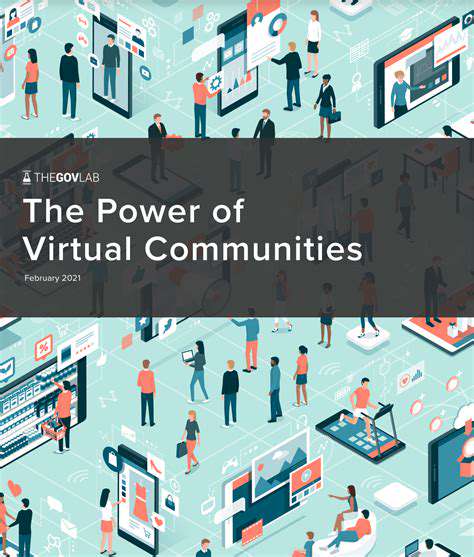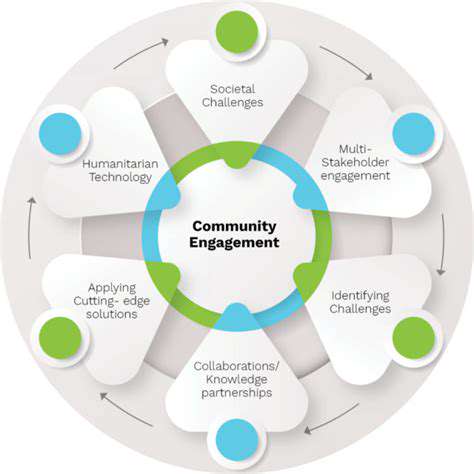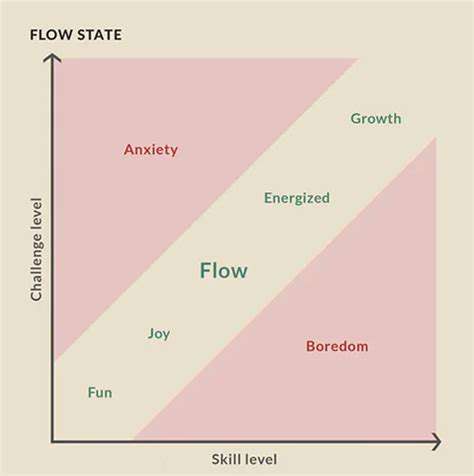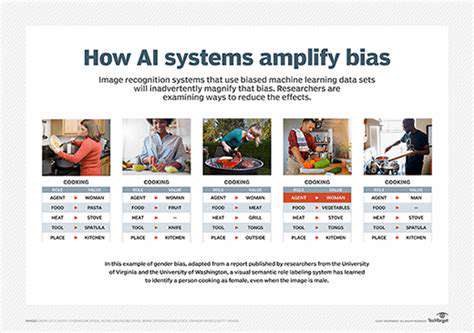The Impact of Pet Overpopulation: Solutions and Prevention
Understanding the Overpopulation Cycle
Pet overpopulation is a complex issue stemming from a combination of factors, including irresponsible breeding practices, a lack of access to spay/neuter services, and a general lack of awareness about the long-term consequences of uncontrolled breeding. This cycle perpetuates itself, creating a constant influx of animals in need of homes, resources, and care. Addressing the root causes of this cycle is crucial to effectively combating the problem and preventing future suffering for animals and individuals.
A critical element in understanding the overpopulation cycle is recognizing the role of irresponsible breeders. Many breeders prioritize profit over the well-being of the animals, leading to overcrowded conditions, inadequate nutrition, and a disregard for genetic health. This irresponsible practice contributes significantly to the overall problem of pet overpopulation by creating a surplus of animals with limited options for adoption or care.
Promoting Responsible Breeding Practices
Encouraging responsible breeding practices is essential to breaking the cycle of pet overpopulation. This involves promoting education and awareness campaigns that highlight the ethical and practical considerations of breeding. Responsible breeders prioritize the health and well-being of their animals, ensuring proper nutrition, veterinary care, and a safe environment. They also actively manage breeding to avoid producing more animals than can be successfully placed in responsible homes.
Governmental regulations and incentives can play a vital role in promoting responsible breeding. Implementing stricter licensing requirements for breeders, providing financial support for spay/neuter programs, and offering educational resources to breeders can all contribute to a more responsible and sustainable approach to animal breeding. These measures will foster a community where the wellbeing of animals is prioritized over the pursuit of profit.
Expanding Access to Spay/Neuter Services
Expanding access to affordable spay/neuter services is a cornerstone of any effective prevention strategy. Many animals end up in shelters or face euthanasia due to a lack of access to these vital procedures. Providing affordable and accessible spay/neuter options directly addresses the core issue of uncontrolled breeding. This includes initiatives like low-cost clinics, mobile spay/neuter units, and community partnerships to bring these services to underserved areas.
Furthermore, promoting a culture of responsible pet ownership through education and outreach is crucial. Raising awareness about the importance of spaying and neutering, and making these services readily available, empowers individuals to make informed decisions about their pets' health and well-being. This proactive approach not only prevents unwanted litters but also contributes to a healthier, more sustainable pet population.
Empowering Individuals: Promoting Responsible Pet Ownership
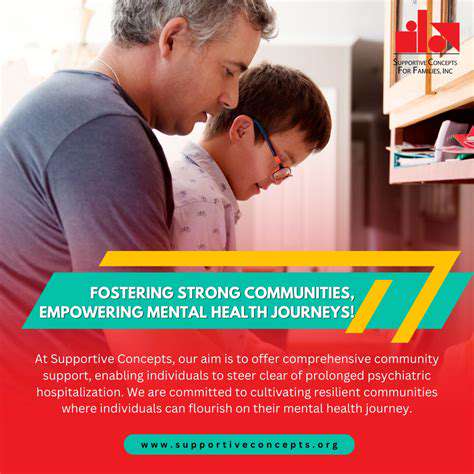
Empowering Individuals through Skill Development
Skill development plays a crucial role in empowering individuals, equipping them with the necessary tools to navigate the complexities of modern life and achieve their personal and professional goals. Investing in skill development programs can lead to improved employment opportunities and increased earning potential. This, in turn, fosters economic independence and enhances overall well-being.
Furthermore, skill enhancement empowers individuals to adapt to the ever-evolving job market. Continuous learning and skill development ensure individuals remain competitive and relevant in their chosen fields.
Promoting Financial Literacy and Independence
Financial literacy is essential for individuals to make informed financial decisions and achieve long-term financial security. Understanding concepts like budgeting, saving, investing, and debt management empowers individuals to take control of their financial future. This knowledge can help them avoid financial pitfalls and build a strong foundation for future success.
Empowering individuals financially involves providing access to resources and educational materials that promote responsible financial habits. This can range from workshops and seminars to online courses and personalized guidance.
Fostering Entrepreneurship and Innovation
Encouraging entrepreneurship and innovation is paramount for economic growth and societal progress. By providing support and resources to aspiring entrepreneurs, we empower them to launch new businesses and create jobs. This fosters a culture of creativity and initiative, driving economic advancement and improving overall quality of life.
Supporting entrepreneurship also involves fostering a supportive environment for innovation. This includes providing access to mentorship, funding opportunities, and networking opportunities for entrepreneurs.
Improving Access to Education and Resources
Improving access to quality education and essential resources is crucial for empowering individuals. A well-rounded education fosters critical thinking skills, knowledge acquisition, and personal development, equipping individuals with the tools to succeed in life. Access to resources such as libraries, community centers, and technology also plays a vital role in providing individuals with the necessary tools for personal and professional growth.
Strengthening Community Bonds and Networks
Building strong community bonds and networks is essential for empowering individuals. Supporting local initiatives and community organizations fosters a sense of belonging and shared responsibility. This can lead to increased social capital and a more resilient community. Stronger communities lead to greater opportunities for collaboration and support, and empower individuals to overcome challenges together.
Promoting Health and Well-being
Empowerment encompasses physical, mental, and emotional well-being. Promoting access to healthcare and resources that support individuals' overall health is crucial. This includes providing access to preventative care, mental health services, and support groups. Prioritizing health and well-being is essential for an individual’s ability to fully engage with life's opportunities.
Cultivating Critical Thinking and Problem-Solving Skills
Developing critical thinking and problem-solving skills is fundamental to individual empowerment. These skills enable individuals to analyze information objectively, evaluate different perspectives, and make informed decisions. The ability to approach challenges with a creative and critical mindset empowers individuals to navigate complex situations and find effective solutions. Encouraging intellectual curiosity and fostering a culture of inquiry is essential in cultivating these vital skills.
Read more about The Impact of Pet Overpopulation: Solutions and Prevention
Hot Recommendations
- Immersive Culinary Arts: Exploring Digital Flavors
- The Business of Fan Funded Projects in Entertainment
- Real Time AI Powered Dialogue Generation in Games
- Legal Challenges in User Generated Content Disclaimers
- Fan Fiction to Screenplays: User Driven Adaptation
- The Evolution of User Driven Media into Global Entertainment
- The Ethics of AI in Copyright Protection
- Building Immersive Narratives for Corporate Training
- The Impact of AI on Music Discovery Platforms
- AI for Audience Analytics and Personalized Content
